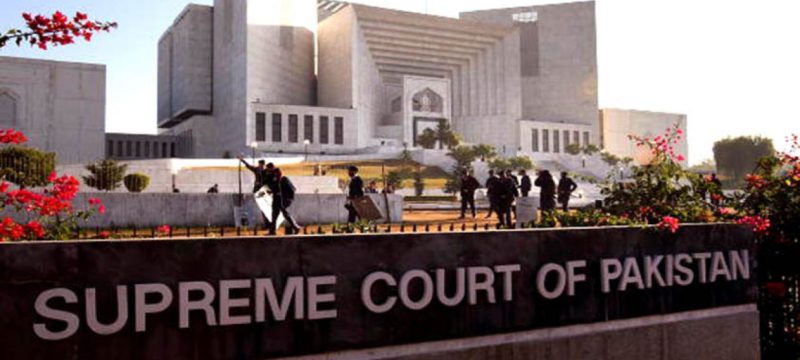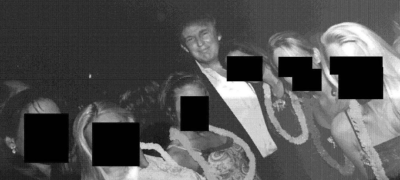The Supreme Court of Pakistan has overturned its previous decision concerning Article 63A, significantly altering the legal interpretation of the clause. The ruling, delivered by a five-member bench led by Chief Justice Qazi Faez Isa, came in response to multiple review petitions that challenged a 2022 ruling. The court stated that the votes of defecting lawmakers should be counted, thereby nullifying the earlier judgment that had declared those votes invalid. A detailed judgment on the matter will be issued at a later date, but a unanimous short order has been announced.
In related developments, the Pakistan Tehreek-e-Insaf (PTI) has chosen to withdraw from the ongoing proceedings regarding the Article 63A review appeals. During the resumed hearing, PTI lawyer Ali Zafar informed the court of the party’s decision to step aside, expressing former PTI chairman Imran Khan’s intention to appear in person. Zafar raised concerns about potential constitutional amendments that might impact the proceedings.
Read More: Supreme Court Confirms Removal of Monal and other Restaurants After Dismissing Appeals
Chief Justice Isa expressed disappointment over PTI’s withdrawal, stating, “It is unfortunate, as we wanted to hear your arguments.” Despite the withdrawal, the court appointed Zafar as a judicial assistant for future hearings.
The court also addressed PTI’s concerns about the chief justice’s ability to compel judges to sit on a bench, dismissing those objections as legally unjustified. The court clarified that the review petition had been filed in accordance with legal protocols and that the bench formation followed proper procedures.
Furthermore, the Supreme Court emphasized that the President of Pakistan is not required to notify every citizen when filing references, reiterating the legal process involved. The chief justice also pointed out that, while he oversees bench formation, he is not legally obliged to explain his decisions, although he voluntarily provided clarification in this case.









